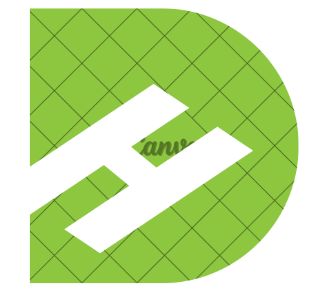If you’re a beginner learning piano, you may have encountered the note F# (F sharp) in various chords. But what exactly does F# represent, and how does it fit into different musical contexts?
F# is the note that comes one semitone higher than F. In terms of a piano, it’s located right next to F, but with a black key. It’s commonly used in both major and minor chords and plays an essential role in creating tension, color, and harmony in music.

F# in Major Chords
When F# is part of a major chord, it gives the chord a bright, uplifting sound. For example, an F# major chord consists of the notes F#, A#, and C#. This chord typically appears in the key of B major or E major.
F# in Minor Chords
F# can also appear in minor chords, creating a different, more somber mood. An F# minor chord consists of F#, A, and C#, and it’s often used in keys like A major or D major. The difference between the major and minor chords lies in the third note—A# in the major chord and A in the minor chord.
F# in Seventh Chords
F# also plays a role in seventh chords. For example, an F#7 chord includes F#, A#, C#, and E, which gives the chord a more complex, jazzy, or bluesy feel.
Conclusion
Whether in major, minor, or seventh chords, F# adds distinct flavor and character to your playing. Understanding its role will help you navigate and express more musical ideas on the piano, enhancing your ability to play a wide variety of songs and genres.

